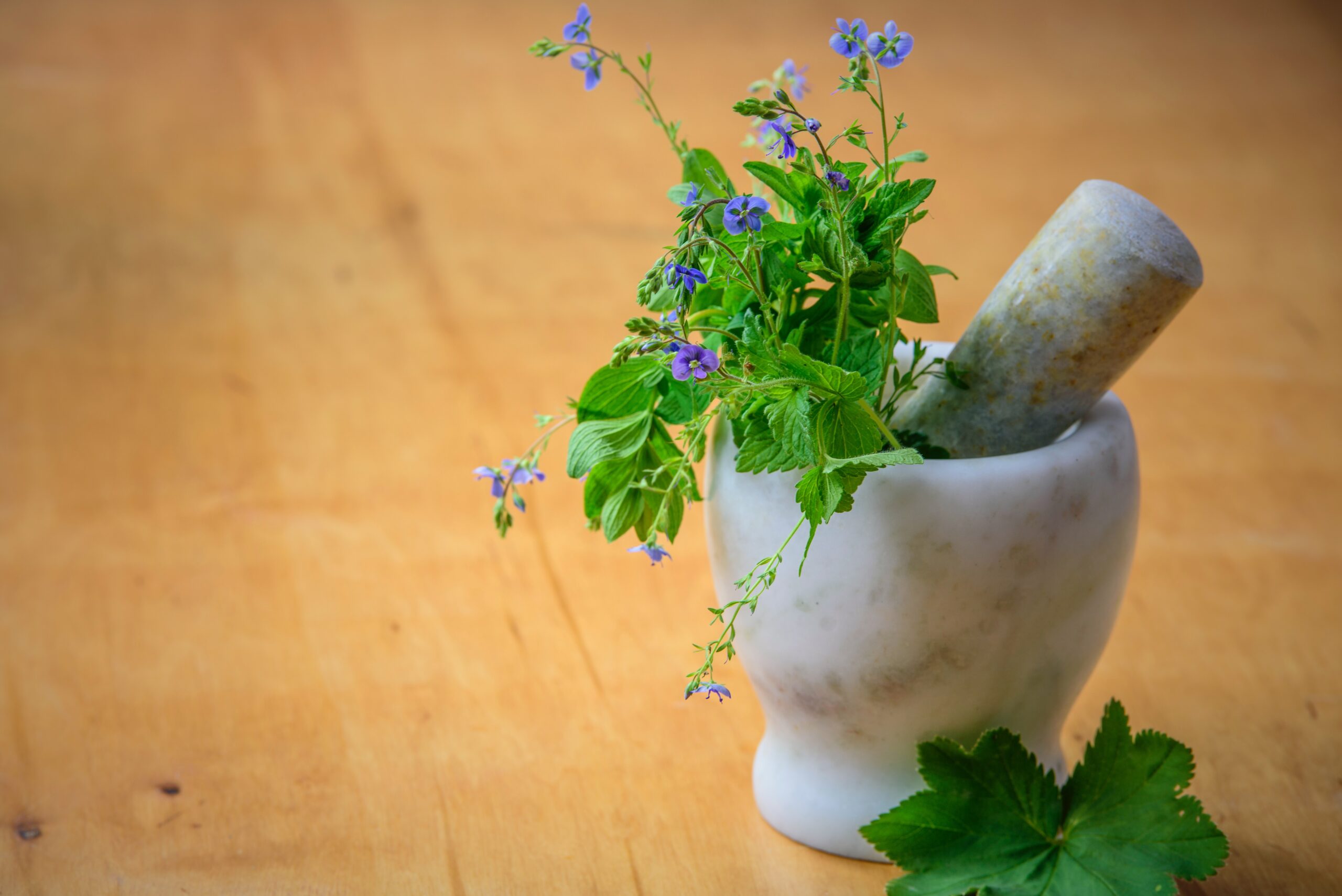In a world where modern medicine often focuses solely on treating symptoms, Ayurveda offers a refreshing perspective, emphasizing the interconnectedness of the mind, body, and spirit. Rooted in ancient Indian wisdom, Ayurveda is not just a system of medicine; it’s a way of life that promotes balance and harmony to achieve optimal health.
Understanding Ayurveda: The Three Doshas
Central to Ayurvedic philosophy are the three doshas: Vata, Pitta, and Kapha. These doshas represent different combinations of the five elements—ether, air, fire, water, and earth—and govern various physiological and psychological functions in the body.
- Vata: Comprised of ether and air, Vata governs movement and is associated with qualities like dryness, coldness, and lightness. When Vata is in balance, it fosters creativity, flexibility, and vitality. However, an excess of Vata can lead to anxiety, insomnia, and digestive issues.
- Pitta: Made up of fire and water, Pitta governs metabolism and digestion and is characterized by qualities such as heat, intensity, and sharpness. A balanced Pitta promotes intelligence, courage, and a strong digestive fire. Yet, an aggravated Pitta can manifest as anger, inflammation, and digestive disorders.
- Kapha: Composed of water and earth, Kapha governs structure and stability and embodies qualities like heaviness, coldness, and solidity. When Kapha is balanced, it provides strength, stability, and emotional calmness. However, an excess of Kapha can lead to lethargy, weight gain, and respiratory issues.
Balancing the Doshas: The Key to Well-being
Ayurveda recognizes that each individual has a unique constitution, or Prakriti, which determines their inherent balance of the doshas. By understanding our Prakriti and current state of imbalance, we can tailor our lifestyle, diet, and daily routines to restore harmony and promote health.
- Diet and Nutrition: Ayurveda emphasizes the importance of eating fresh, seasonal foods that are appropriate for one’s constitution. For example, individuals with a Vata imbalance may benefit from warm, nourishing foods like soups and stews, while those with a Pitta imbalance may thrive on cooling, hydrating foods like cucumbers and coconut water.
- Daily Routines: Establishing a daily routine, or Dinacharya, helps regulate the doshas and promote balance. Simple practices like waking up early, practicing gentle yoga or meditation, and eating meals at regular times can have profound effects on overall well-being.
- Herbal Remedies: Ayurveda harnesses the healing power of plants to treat various ailments and imbalances. From calming herbs like ashwagandha for Vata to cooling herbs like aloe vera for Pitta, there are countless herbal remedies that can help restore balance and vitality.
Embracing Ayurveda: A Path to Wholeness
In a world of constant stress and distraction, Ayurveda offers a holistic approach to health that nourishes not just the body, but also the mind and spirit. By embracing the wisdom of Ayurveda and aligning ourselves with the rhythms of nature, we can cultivate vibrant health, inner peace, and lasting happiness.
Whether you’re seeking relief from a specific health issue or simply looking to enhance your overall well-being, Ayurveda invites you to embark on a journey of self-discovery and transformation. So why not take the first step today and explore the timeless wisdom of Ayurveda? Your body, mind, and spirit will thank you for it.





